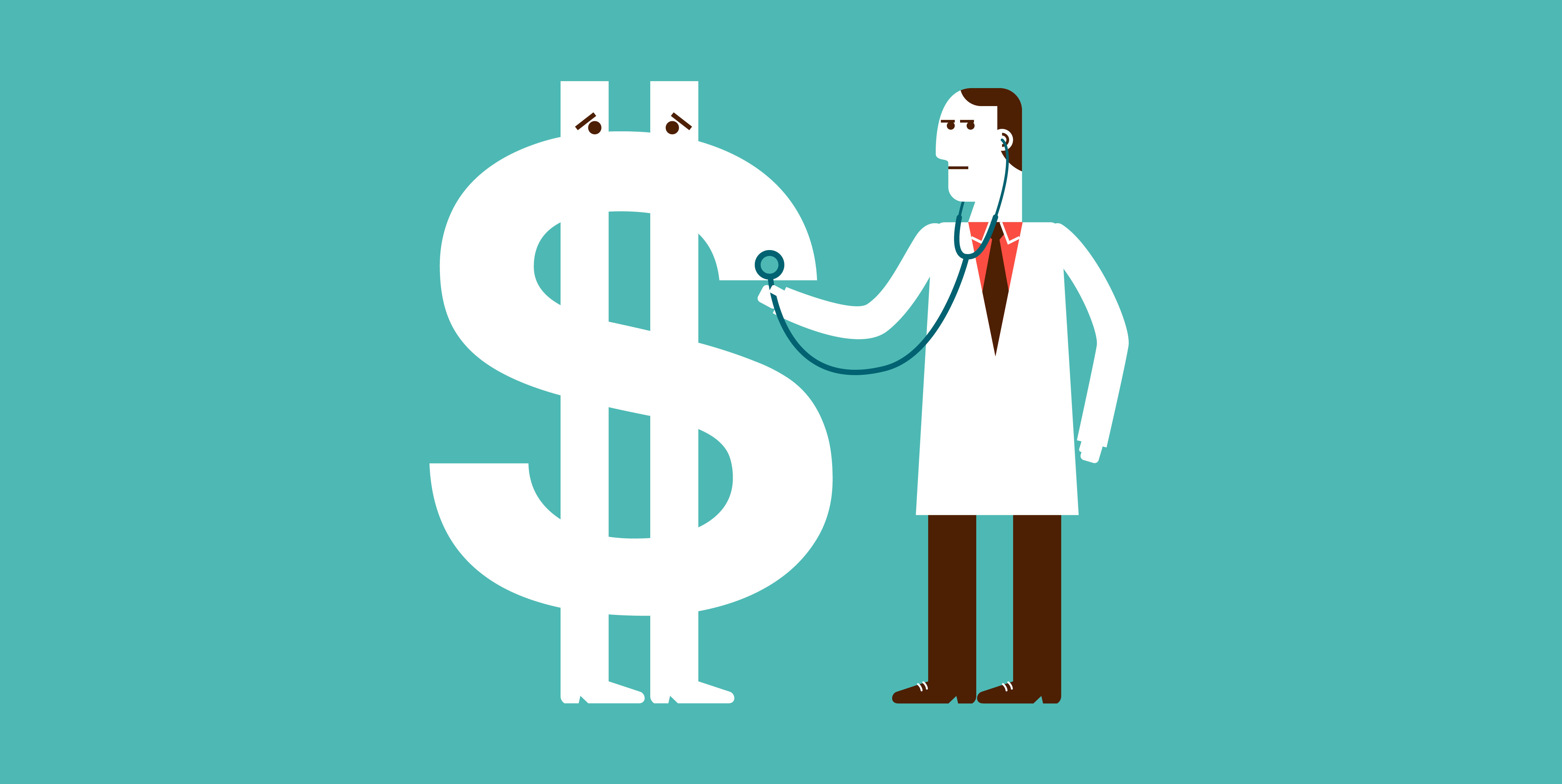
Weight loss surgery can be a life-changing solution for individuals struggling with obesity. However, the cost of weight loss surgery can be a major concern for many people. Fortunately, there are several financing options available to help individuals manage the expenses associated with surgery.
Average cost of bariatric surgery
The cost of bariatric surgery will depend on several factors such as the surgeon’s experience, your geographic location and the surgical facility. Here are the average costs for some of the most popular bariatric procedures:
- Gastric Sleeve Surgery (Sleeve Gastrectomy): The average cost of gastric sleeve surgery typically ranges from $10,000 to $20,000.
- Gastric Bypass Surgery (Roux-en-Y Gastric Bypass): The average cost of gastric bypass surgery generally ranges from $15,000 to $30,000.
- Adjustable Gastric Banding (Lap-Band): The average cost of adjustable gastric banding surgery is typically between $10,000 and $18,000.
- Duodenal Switch Surgery: The average cost of duodenal switch surgery tends to be higher, ranging from $20,000 to $30,000 or more.
Learn more about the cost of bariatric surgery and the various fees associated with the procedure.
Bariatric surgery financing options
Here are some of the most popular financing options available to help make your weight loss surgery more affordable.
- Health Insurance: One of the first steps is to check if your health insurance plan covers weight loss surgery. Coverage varies depending on the insurance provider and policy. Some insurance plans may cover the entire cost or a portion of the surgery if certain criteria are met, such as a high body mass index (BMI) or the presence of obesity-related health conditions.
- Financing through Bariatric Surgery Centers: Many bariatric surgery centers offer financing options specifically tailored to help patients afford the procedure. These financing programs may include flexible payment plans, low or no-interest options, and extended repayment terms.
- Medical Loans: Medical loans are personal loans designed specifically to cover medical expenses. These loans are offered by financial institutions and specialized medical loan providers. Depending on your credit history and financial situation, you can secure a medical loan with competitive interest rates and flexible repayment terms.
- Healthcare Credit Cards: Healthcare credit cards, such as CareCredit, are specifically designed to cover medical expenses. These credit cards offer flexible payment plans, often with low or no-interest promotional periods, allowing you to pay for weight loss surgery over time. Carefully review the terms and conditions to understand the interest rates, repayment terms, and any potential fees.
- Employer Assistance: Some employers provide assistance programs that cover weight loss surgery as part of their employee benefits. These programs may offer partial or full coverage for the procedure, including pre-operative assessments, surgery, and post-operative care. Ask your human resources department if they offer such assistance.
- Personal Savings or Retirement Funds: Using personal savings or retirement funds, such as a Health Savings Account (HSA) or Individual Retirement Account (IRA), can be an option to cover the costs of weight loss surgery. However, it’s important to consider the long-term implications and potential tax consequences of using these funds. Speak with a financial advisor to understand the impact on your financial goals and retirement plans.
- Crowdfunding or Fundraising: Crowdfunding platforms, such as GoFundMe or YouCaring, provide opportunities to raise funds for weight loss surgery. Sharing your story, setting a financial goal, and reaching out to friends, family, and your community can help generate support.
Weight loss surgery can be a life-changing investment in your health and well-being. Speak with your bariatric surgeon and financial advisor about which financing option is right for you.
Content written by Andrew Proulx, MD | Reviewed by EnhanceMyself Medical Team | Last updated 6/12/2023
Article Sources
• Martin, Allison. Types of personal loans and their uses. Bankrate, (June 6, 2023). Available from https://www.bankrate.com/loans/personal-loans/types-of-personal-loans/
• MyCreditUnion.gov. Consumer Loans. Available from https://mycreditunion.gov/life-events/consumer-loans
• Consumer Financial Protection Bureau (CFPB). Prepaid cards and other prepaid accounts. Available from https://www.consumerfinance.gov/consumer-tools/prepaid-cards/
• Lake, Rebecca. What is a Personal Loan? (April, 26, 2023). Available from https://www.investopedia.com/personal-loan-5076027
• National Institutes of Health. The difference between a Flexible Spending Account (FSA) and a Health Savings Account. Available from https://hr.nih.gov/about/news/benefits/difference-between-flexible-spending-account-fsa-and-health-savings-account-hsa
